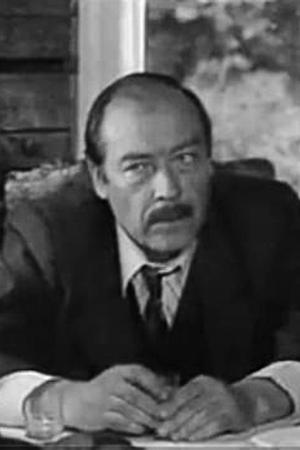
Aqueronte72
8
|
sep. 06, 2024
Puipa's irreproachable tour de force. Interior chiaroscuros reminiscent of Rita Azevedo or Pedro Costa, and in painting Caravaggio, framing like Tarkovsky. We already know that he emphasizes the scruples that gradually allow his characters to be guessed and is not a friend of cinematic sensationalism. The impressive shots of the whale or gallows jumping in the open plane or the envious sunsets are rather part of the realism of the devilishly off-the-grid, exotic but fierce environment of the Swede's story. Puipa has never advocated a punctilious or complex narrative either. I have not read Lindgren's work but I suppose that Puipa takes "silent hate" between both brothers literally, I can feel his laconicism. Einar and Kaspar are estranged, yes, but not because one lives in Australia and the other in Ecuador, but precisely because they are estranged, incommunicado despite the ridiculous distance between them, although they share the same town, the same lake, and in the wake of Isabela's arrival. , the same geriatric assistant, LOL. If I explain that she, without even knowing them well, ends up bathing them, sewing clothes and scrubbing floors, and that to carry a box of chocolates or black bread from one to another, the writer must - for her task - row leagues, sometimes accompanied of Einmar's cat, before the unfortunate feline died, the reader would not believe me without having seen the film that Isabela was only supposed to stay a single night in the place.
The old people will remember pieces of their childhood, Mina's departure to have her two children in the city, and the way little Vincent drowned. Can there be cinematography effect, if the story implies that a brother is waiting if Is the other person alive or dead when he looks out the window and checks to see if he has turned off the light in the cabin? Until the waters subside, Isabela will not be able to leave, a flood that has prostrated her in that place and has subjected her to a strange mission while she rents Einmar's penthouse; but the waters subside and thus the communicating vessels of animosity between the two brothers are also softened; Precisely the writer who, paradoxically, writes about Saint Christopher, will have to carry that cross, she says it herself, cleaning feces from both of them, slowly sneaks into her strange destiny a mysterious or rather mystical halo for her own work based on the hatred of his two hosts. The end is the slowing down of what was already going at a steady pace. Isabela manages to row past Kaspars to tell him that her brother is already dying, he won't last any longer, but for the moment she is unmoved. Isabela then returns to Einmar's house, now deceased, she covers her face and, meanwhile, Kaspars takes shelter and leaves his tiny house for the first and only time in the film; We see him rowing to the other side, towards his brother without knowing that he has already died. And the last scene, halfway through, Kaspars also dies in the boat in which he was pulling water.




